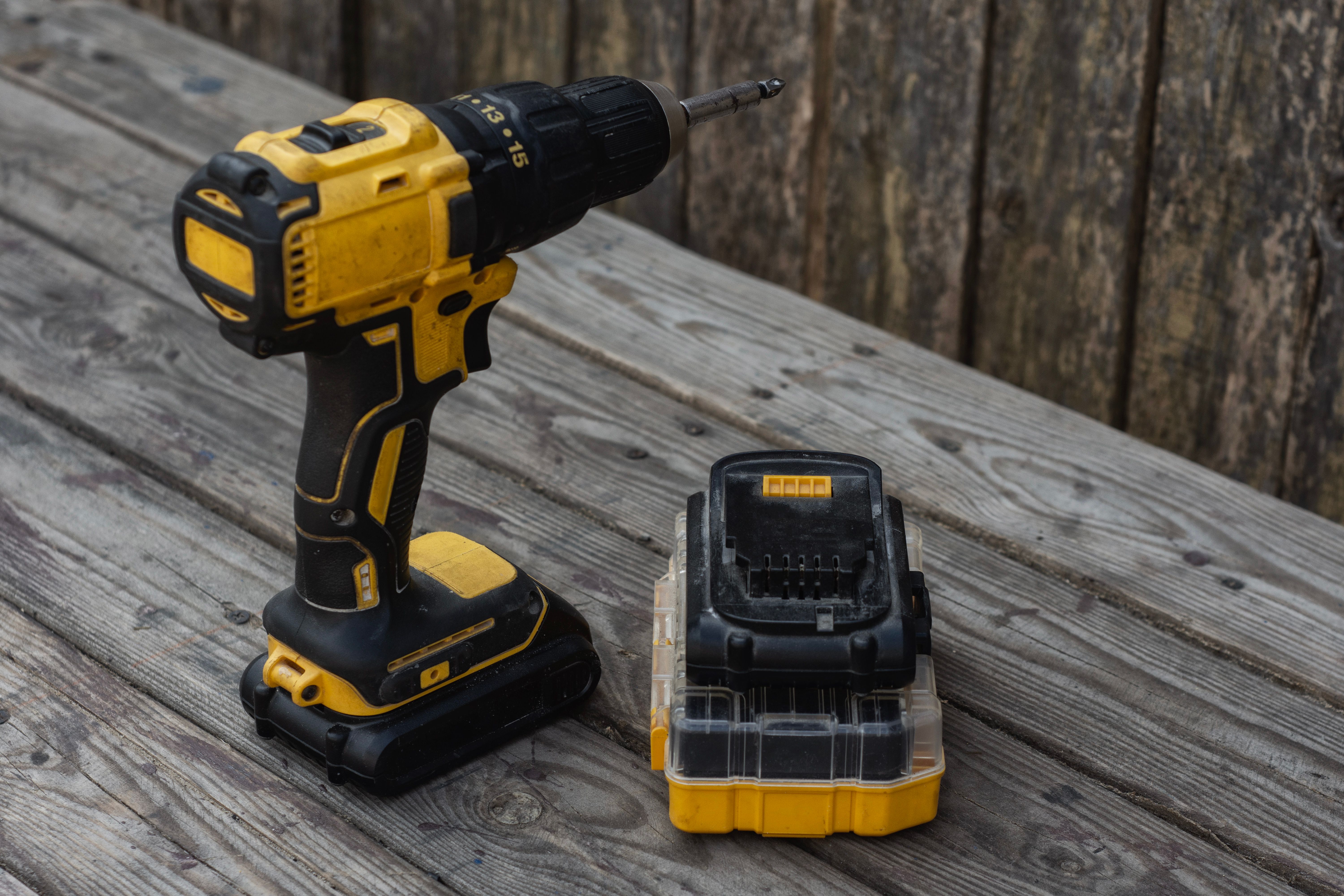Choosing the Right Portable Drill: A European Guide
RR
Understanding Your Needs
Choosing the right portable drill can be a daunting task, especially with the plethora of options available on the European market. Understanding your specific needs is the first step in making an informed decision. Are you a DIY enthusiast looking for a versatile tool for home projects, or a professional seeking a heavy-duty drill for work? The intended use will significantly influence your choice.
Consider the materials you will be working with most frequently. Different drills are designed for different materials like wood, metal, or masonry. Knowing this will help you narrow down your choices and ensure you select a drill that meets your specific requirements.

Key Features to Consider
When choosing a portable drill, several key features should be taken into account. Power is one of the most critical aspects, typically measured in volts for cordless drills or watts for corded ones. Higher power means more capability to handle tough jobs, but it may also result in a heavier tool.
Another essential feature is the speed, often measured in revolutions per minute (RPM). Variable speed settings allow for greater control and precision, especially when working with different materials. Additionally, consider the torque, which determines the drill's rotational force. Higher torque is necessary for drilling into harder materials.
Types of Drills: Corded vs. Cordless
One of the most significant decisions you'll make is whether to go for a corded or cordless drill. Corded drills offer consistent power and are often lighter since they lack a battery. They are ideal for long projects where access to electricity is not an issue.

On the other hand, cordless drills offer the advantage of portability and freedom from power outlets. They are perfect for outdoor projects or situations where mobility is crucial. However, keep in mind that battery life and charging times can impact productivity.
Batteries and Charging
If you opt for a cordless drill, understanding battery types and charging options is vital. Most modern drills use lithium-ion batteries due to their lightweight nature and long-lasting charge. Consider the battery capacity, typically measured in ampere-hours (Ah), as it determines how long your drill can operate on a single charge.
Investing in a rapid charger can be beneficial if you need to minimize downtime during long projects. Some brands offer interchangeable batteries across different tools, which can be a cost-effective solution if you have multiple power tools from the same manufacturer.

Ergonomics and Comfort
When working with a portable drill, comfort is key. Look for models that offer ergonomic designs, such as soft grips and well-balanced weight distribution. This not only enhances comfort but also reduces fatigue during extended use.
Additionally, consider the placement of controls and buttons. Can you easily switch between different settings without disrupting your workflow? A well-designed drill will allow you to operate it smoothly and efficiently.
Additional Features and Accessories
Many modern drills come with additional features that enhance their functionality. Built-in LED lights can be incredibly useful for illuminating dark or confined spaces. Some drills offer multiple speed settings or hammer functions, which are beneficial for more specialized tasks.
Finally, consider any included accessories such as carrying cases, extra batteries, or a variety of drill bits. These can add value to your purchase and ensure you're well-equipped for any project that comes your way.